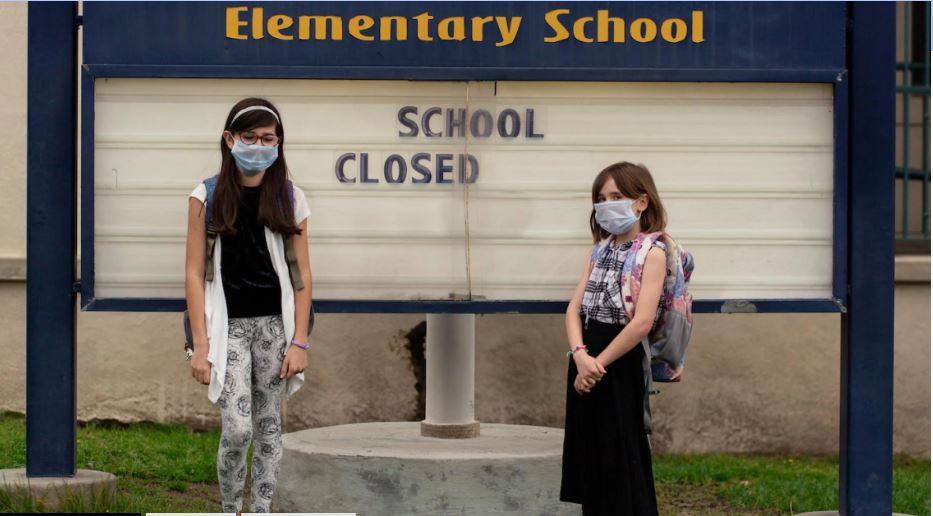Five years ago, in 2018, the World Bank published its first World Development Report (WDR) on Education, Learning to Realize Education’s Promise. At its core was the belief that across the world, education was in crisis. The strides that many countries had made in improving access to schooling for millions of children were not translating into meaningful learning in classrooms. The report made clear that learning, not schooling alone, is at the core of meaningful sustainable development.
Shortly after, in 2019, the World Bank launched the learning poverty initiative and accompanying indicator, which measures the share of 10-year-olds that could not read and understand a simple text. This indicator was a crucial step for us to understand and communicate how deep the learning crisis actually was; it revealed harrowing statistics. Today, learning poverty is now estimated to be up to 70% in low- and middle-income countries.
The World Bank is committed to ensuring all children around the world have access to free, inclusive, equitable, and quality education to achieve their potential. We are the largest external financier of education in low- and middle-income countries and our portfolio of investments has continued to grow. Today, our projects are increasingly focused on ensuring that high-quality learning takes place for everyone, everywhere and in all education levels— from early childhood through tertiary education.
With the publication of Realizing Education’s Promise: A World Bank Retrospective, we explore the work of our operational and research teams across the globe over the past five years, since the 2018 WDR. We spotlight major milestones in support of our goal to ensure that all children and youth have access to high-quality learning highlighting successes and reflecting on gaps, to help steer the way forward.
The COVID-19 pandemic brought significant shocks to education worldwide and showed just how fragile education systems were. About a billion children saw their education interrupted for more than a year.
Already a crisis before the pandemic, the learning crisis has only deepened. The next few years will bring meaningful opportunities and challenges. Advances in technology have the potential to expand and improve the quality of education delivery. Youth in school today will prepare for jobs that do not yet exist. Increasing conflict will cause disruption and movement. Despite notable change, the fundamentals of successful education systems remain constant: prepared learners taught essential skills by empowered teachers with quality learning resources in safe schools, supported by capable school leaders.
We all know that education is not only a human right, but one of humanity’s most critical development challenges. But still, today, not every child and young person in the world is enjoying that right. That is why looking forward, we will continue to expand, collaborate, and innovate in our mission to end learning poverty, strengthen education systems, and ensure inclusive quality education for all. Every child and youth deserves a chance to gain the knowledge and skills needed to prosper in our rapidly changing world. We are committed to making that happen.
Source : World Bank






